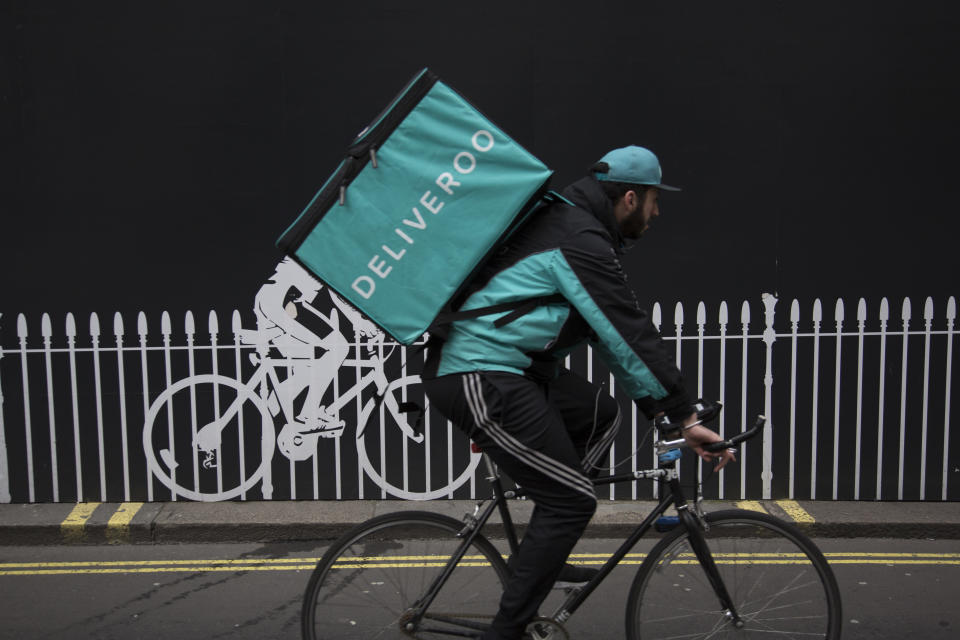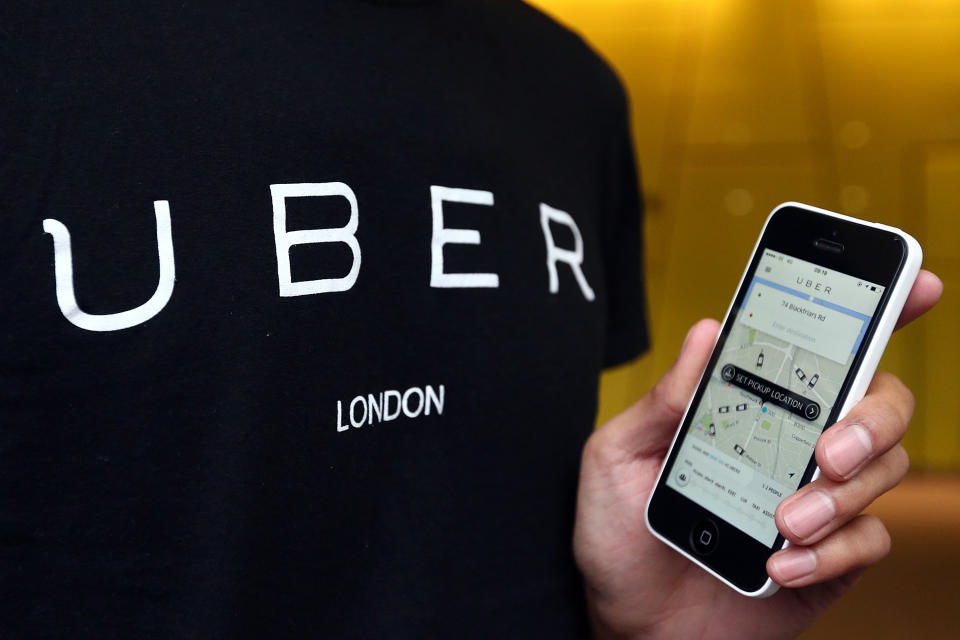5 million gig economy workers 'missing out on £100,000 pension pot'

About 5 million workers in the gig economy are missing out on up to £100,000 in pension savings.
Extending the auto-enrolment to cover all workers and removing the clause on minimum earnings would help the growing army of self-employed workers stay comfortable in retirement, research shows.
Of the current UK workforce of 32 million workers, one in six is currently a gig worker – with no, or restricted access to workplace benefits – including pension saving – placing millions at risk of financial hardship.
MORE: Uber contracts branded ‘gibberish’ as MPs condemn working practices in gig economy
According to pension adviser Zurich, working with the Pensions Policy Institute, putting these workers on a form of auto-enrolment would provide a huge financial boost after they have finished working.
Their research shows that a typical worker now aged 25 earning £25,000 could end up with a £75,600 lump sum at retirement.
This is based on the Taylor review recommendation of enabling individuals to put aside 4% of their income when completing tax returns.
When combined with the State Pension, this would equate to an income at retirement of £13,500.
If the worker had been auto-enrolled into a workplace pension, removing the current restrictions in place on minimum earnings, they could end up with a final lump sum of £101,500 which, when added to the State Pension could give them an income per year of almost £15,000 at retirement.
MORE: Uber is reportedly trialling an exclusive premium support hotline for its most frequent riders
Chris Atkinson at Zurich UK, said: “There is a blind spot in the current pension system.
“Gig economy workers don’t have access to a workplace pension, meaning millions aren’t saving enough for retirement.
“It’s time our 19th century welfare system was overhauled for the 21st century world of work.”

He said using self-assessment tax returns to extend auto-enrolment to the gig economy would be a step in the right direction, but it was “no silver bullet”.
However, he added: “The reality is that many gig workers may have to work far longer than even traditional employees before they can retire.
“As well as saving more of their income earlier in life, it’s vital gig workers ensure they have a financial cushion in place should the unexpected happen.”
Zurich wants employee contributions to be initially set at 4%, increasing to 8% when appropriate to avoid a mass ‘opt-out’.
MORE: How bankers and accountants are the real drivers behind Britain’s gig economy
According to research by YouGov for Zurich, just 2% of gig economy workers have access to each of life insurance, income protection and critical illness cover via their gig employer – leaving them, or their dependents, without financial back-up should they become unable to work through illness or injury.
A Department for Work and Pensions spokeswoman said an ongoing review was looking at building on the success of auto-enrolment, including how to meet the needs of the growing gig workforce.

 Yahoo Finance
Yahoo Finance 
